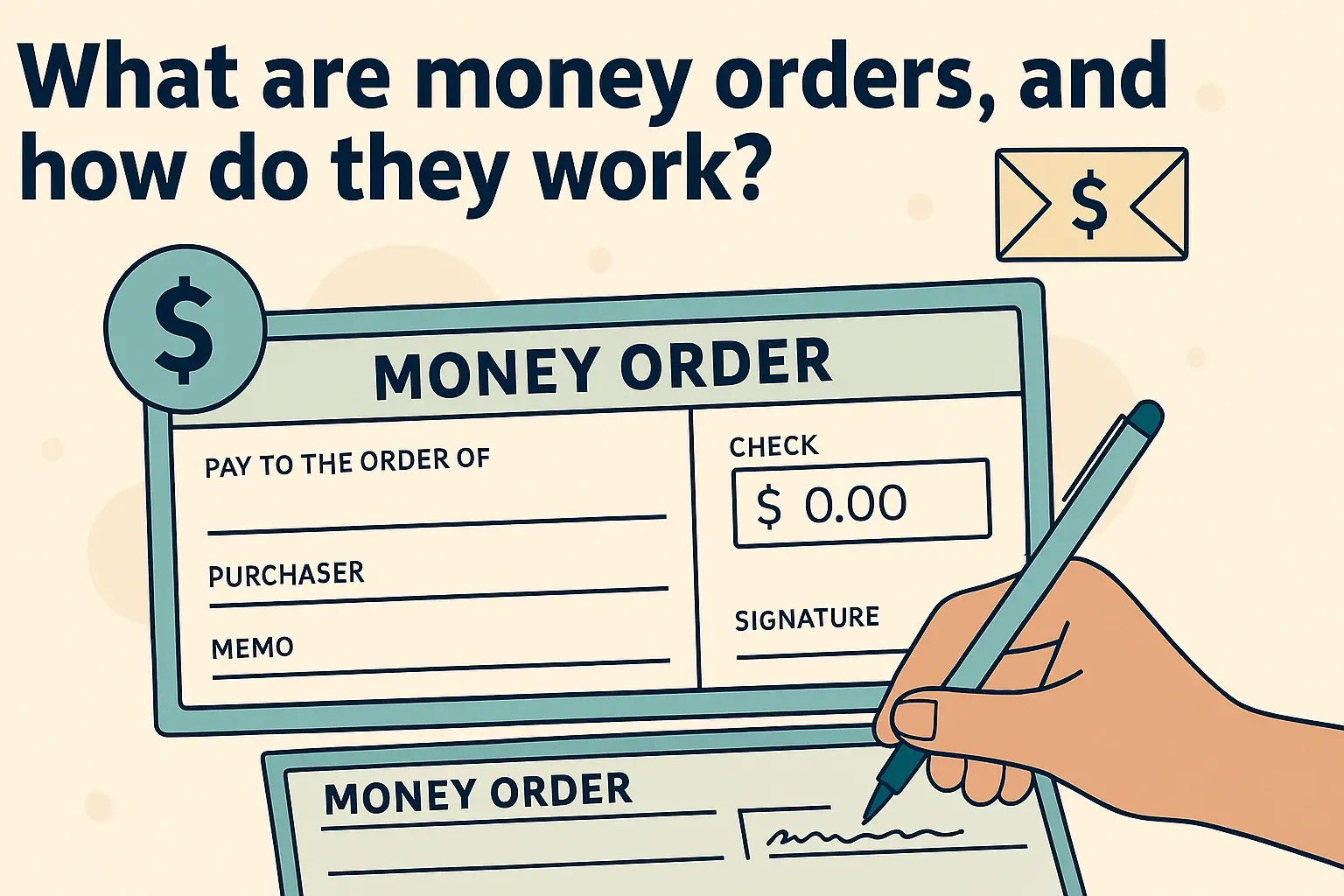-
Posted on: 09 Dec 2024

-
Are you thinking about getting an auto loan? Your credit score is one of the most important things that affects your car loan interest rate. If you have a good credit score, like 730, you can get a lower interest rate. This can help you save money on your car purchase. Let’s look at how a 730 credit score can change your car loan interest rates and the key things that affect those rates.
Understanding Car Loan Interest Rates
A car loan interest rate is the cost you pay to borrow money for a vehicle. Lenders look at different things, including a car loan calculator and a car payment calculator, to decide what interest rate to give you. One important thing is your credit score. It shows how likely you are to pay back the loan.
If you have a high credit score, lenders see you as less of a risk, which can give you better interest rates for a new car or a used car loan. On the other hand, a low credit score may lead to higher interest rates, as lenders worry you might not pay back the loan. Knowing this is important when you want to get a car loan.
The Importance of Credit Scores in Determining Interest Rates
Think of your credit score as a number that shows how well you manage your money. Lenders in the automotive finance market need to see your credit score when they decide if you can get a loan. This score is a three-digit number between 300 and 850. It summarizes your credit history, which includes your payment history, how much debt you have, and how much credit you use.
When your credit score is high, like 730, lenders see you as good with money. This means they think you are less likely to miss payments. Because of this, they may offer you a lower loan interest rate. They see you as a reliable borrower.
On the other hand, a lower credit score and bad credit can lead to higher interest rates. This happens because lenders see more risk in lending to people with a history of missed payments or high debt payments. Even a small change in interest rates can make a big difference in how much you pay for your car loan over time.
How a 730 Credit Score Affects Your Car Loan Terms
A 730 credit score is seen as good credit. This puts you in a good spot when you want an auto loan. With this score, you can expect competitive interest rates from lenders. This means you can save a lot of money over the term of your loan.
Having good credit, like a 730 credit score, helps you get better loan terms. Lenders may be keen to offer you a bigger loan, a longer repayment term, or a lower down payment because of your good credit history.
Interest rates can change based on market conditions and lender rules. Still, a 730 credit score helps you out. By showing that you are responsible with your finances, you become a better option for lenders. This increases your chances of getting good terms for your car loan.
Factors Influencing Your Car Loan Interest Rate
Many things can impact the interest rate on your car loan, besides your credit score. Some of these are things you can control, while others come from outside influences. Knowing about these factors can help you make better choices during the loan process.
When you understand how these factors work together, you can negotiate better. By focusing on what you can change, you might get a better deal on your car loan.
The Role of the Economy and Market Conditions
The economy plays a big role in the automotive finance market and affects the interest rates on car loans. One major factor is the Federal Reserve's monetary policy. When the Federal Reserve increases the federal funds rate, it usually happens to tackle inflation. This makes borrowing money more costly for banks and can influence decisions related to a vehicle purchase.
As a result, lenders may raise the rates they offer to customers. During times of economic uncertainty, lenders often become stricter with their lending rules, which could lead to slightly higher interest rates to reduce risk. However, when the economy is doing well, there may be more competition among lenders, which usually lowers interest rates.
Watching economic signs can help you understand possible changes in interest rates. When the economy is growing, you might find better rates, while a downturn can lead to higher rates. It is smart to keep updated on the current economic situation and the trends from lenders.
The Impact of Loan Terms and Down Payment
The loan term is how long you have to pay back the loan. It and the down payment affect your interest rate and monthly payment. If you pick a longer loan term, your payments are spread over many years. This means your monthly payment is lower, but the overall interest rate might be higher if you choose a longer term for repayment.
On the other hand, if you choose a shorter repayment term loan, you will pay less interest over the life of the loan and over time. However, your monthly payment will be higher. If you make a larger down payment at the start, you will need to borrow less money. This lowers your loan-to-value ratio.
When lenders see you have less risk, they may offer a lower interest rate. So, it's important to look at your budget. Think about how changing your loan term and down payment can suit your financial goals.
Improving Your Chances for Better Loan Rates
While some things you can't control can affect your car loan interest rates, there are things you can do to get better terms on your next auto loan. By focusing on areas like your credit score and picking the right lender, you can improve your chances as a borrower.
Preparation is very important in the auto loan process. If you work on improving your credit and look into lenders, you can greatly boost your chances of getting a good interest rate that works for your budget.
Strategies to Boost Your Credit Score
Your credit score is very important for getting good interest rates. If you want to raise your credit score, you need to show that you manage your money well. Start by checking your credit report often, as this will give you a free access opportunity to monitor your credit. Look for mistakes and fix them quickly to keep a healthy credit history.
Next, focus on paying off your debts, especially your credit card debt and what you owe on your credit cards. When you lower your credit card balances compared to your credit limit, it shows lenders that you handle money wisely. Also, try not to ask for new credit right before you apply for your car loan.
Each time you apply for credit, a hard inquiry is noted on your report. This can make your score drop for a short time. If you pay down your balances to reduce your credit utilization and follow these steps, you will help improve your credit score. This will put you in a better position to get better loan terms for your car loan.
Choosing the Right Lender for Your Auto Loan
Different auto lenders have their criteria for looking at loan applications. This often leads to different interest rates and terms. It is a good idea to check and compare rates from many lenders. This will help you find the best deal that fits your needs and financial situation. Don't just stick with one type of lender.
Look at many options, such as banks, credit unions, and online lenders. Credit unions usually offer good rates for their members. Online lenders may have more flexible terms. Getting pre-approved from several lenders helps you see the auto loan rate you can get, and it won’t harm your credit score.
Each pre-approval only asks for a soft inquiry, which does not hurt your credit. This method allows you to compare offers. It gives you an advantage during negotiations to possibly get a better interest rate.
Conclusion
In conclusion, understanding car loan interest rates is very important for making smart money choices. Your credit score, market conditions, and loan terms can affect the rates you could get. If your credit score is 730, work on improving it with your Experian credit report to get better loan rates. It's also smart to pick your lenders carefully and try to negotiate better terms. By taking steps to improve your financial health, you can save money on your car loan over time. Stay informed, make smart choices, and move towards a better financial future.
Don’t wait! Call (888) 803-7889 and take charge of your financial future today!








